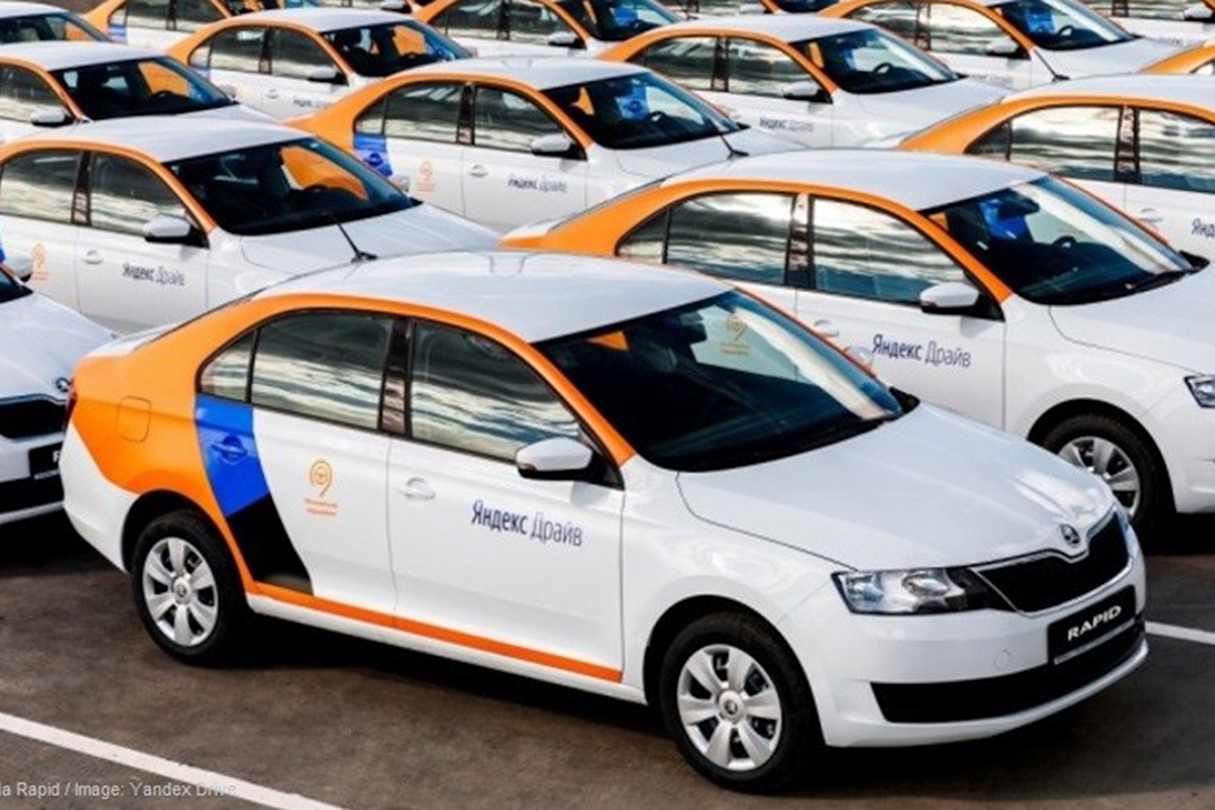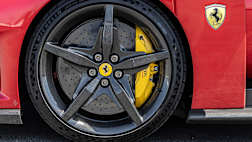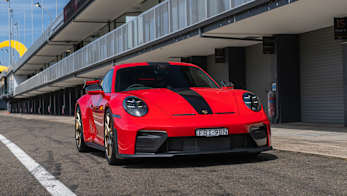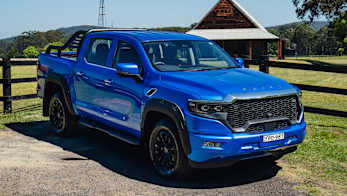Short-term car-rental companies like GoGet might seem like a nice yet niche idea in Australia, but in a country like Russia, where they’ve been scaled up, and priced down, they could point to a future in which very few people own cars any more. A future car companies are aware of, and alarmed about.
A company called Yandex.Drive, launched just last year in Russia, has become the Uber-like disruptor that’s threatening to turn this massive car market on its head, with the number of short-term rental cars on Moscow’s streets more than tripling last year.
The city of more than 12 million people now has the biggest shared fleet in Europe and the second largest in the world, after Tokyo, where it’s notoriously difficult to own a car because parking is so scarce, and expensive.
The secret has been a mixture of choice, and price. Yandex.Drive offers its users a range of cars, from basic Kias to Porsche 911s, which means you’re never stuck with one vehicle, you have a choice of many, just like an oligarch.
Yandex.Drive, set up by a huge local internet company that is effectively Russia’s Google, flooded the streets with more than 7000 of these short-term rental cars, which can be had for as little as five rubles, or 11 of our cents, per minute of use, which includes your fuel, maintenance costs, insurance and even parking.
By comparison, Daimler’s similar Car2Go service in New York costs 55 cents per minute, so this is a seriously cheap deal.
"We are approaching a point that could flip the entire car market on its head." Shwetha Surender, a London-based analyst with consultancy Frost & Sullivan, recently told Autonews Europe.
"Carmakers risk becoming mere suppliers to shared-mobility services and losing direct relations with customers. That's an unattractive proposition."

Moscow resident Evgeny Barkov, 31, is one of those customers who’s gone to Yandex and won’t be coming back to car ownership.
He says when he used to own a car, it would constantly annoy him how much he was spending on something that sat there, unused, 90 per cent of the time, and occasionally broke down, costing him money.
He finally got out his calculator and did the sums, deciding that he was better off selling his vehicle and switching to short-term rentals for good.
"That investment (in owning a car) brought me nothing but trouble," said Barkov. "Now, I'm just paying for using."
Another key advantage for Muscovites is that once a vehicle is booked, it can be pre-heated before the driver arrives, a handy feature in that icy city.
Barkov says he always pondered whether he should spend more money on upgrading his car, when he owned one, but now he can enjoy the variety of slumming it in a Lada one day, and borrowing a Mercedes-Benz the next.
Car companies are reacting to the threat, of course, with VW investing in its own Moia ride-sharing service, at least on a trial basis in the German city of Hamburg, and Daimler and BMW merging their short-term rental services - Car2Go and DriveNow, to help them scale up. In the US, GM has invested heavily in ride-sharing firm Lyft.
In Australia, a company called Carly is about to attempt to upscale the idea of short-term-rental motoring in the local market to a Netflix-like subscription model. Users will pay a monthly fee for access to a fleet of cars and will be able to change cars as their needs, or desires, require.
"Carly will provide the flexibility that many drivers and especially younger generations are now seeking by removing the long-term financial commitment required to buy or finance a vehicle eliminating the need to lock into long-term debt," the company claims Carly is set to launch next month.













.jpg)

.jpg)






.jpg)

.jpg)




.jpg)
